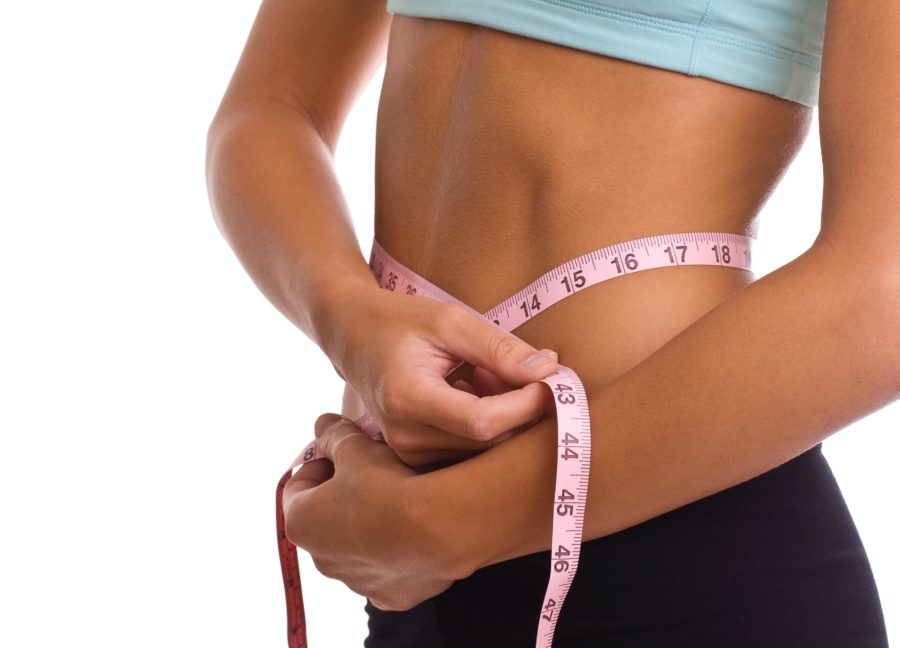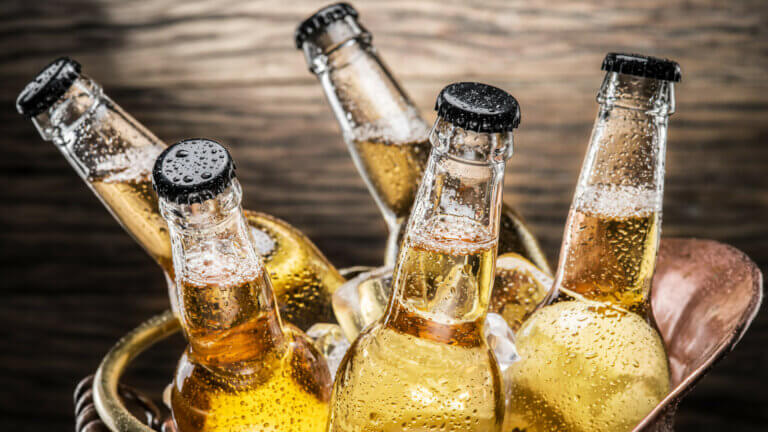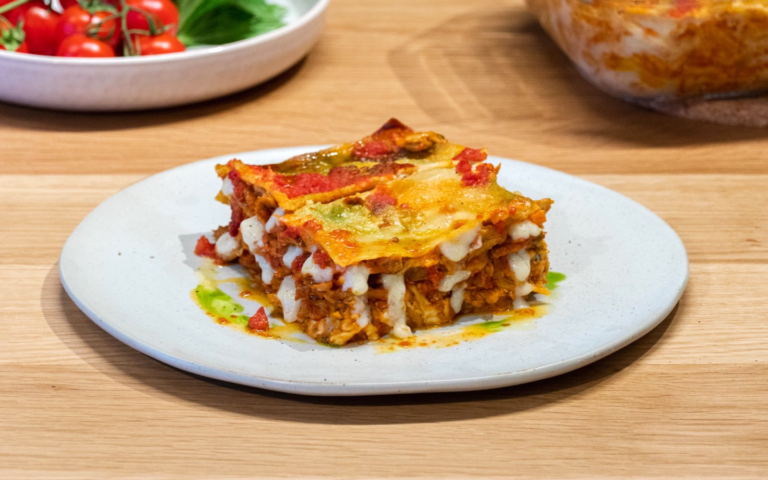Author: Kim Bowman
We often think of fat loss as an energy deficit. Specifically, energy consumption (calories consumed) must be lower than calories utilised during a workout (calories burned). The emphasis of calorie deficit for fat loss has typically been promoted through traditional dieting.
However, the problem with focusing solely on food quantity is that quality nutrient consumption often gets overlooked. Less value is placed on understanding the difference between high and low-quality macronutrients. This can lead to a yo-yo style eating pattern, characterised by temporary weight loss and subsequent weight gain soon after.
Therefore, understanding food quality requires both recognizing the nutrients that our body needs to optimize fat burning and avoiding those that lead to unhealthy eating habits. Yes, food quantity and training are key factors in the fat loss equation.
However, if sustained fat loss is the goal, it’s imperative to incorporate nutrient-dense whole foods while eliminating processed forms (in addition to portion control and regular training). Don’t just rely on a calorie deficit.
For example, the liver plays a key role in whole-body detoxification, along with the metabolism of proteins, carbohydrates, and fats. Without quality nutrient consumption, the liver cannot efficiently regulate the metabolism of fat. F45 Sport Nutritionist Kim Bowman (www.f45training.com) highlights the importance of understanding the foods we need to incorporate (and eliminate) for sustainable fat loss.

The first meal of the day should include a quality protein source
Protein is proven to enhance the body’s fat burning capability by contributing to feelings of fullness throughout the day. Additionally, research has found that incorporating quality sources of protein in the morning and throughout the day—such as egg whites, beans, or nuts—can enhance the rate at which the body burns calories [3]. This metabolic boost is due to the ‘thermic effect of food,’ or a temporary boost in metabolism due to processing and storing of macronutrients. Protein-rich foods tend to have the greatest influence on this thermic effect. One study showed that protein had almost two times the thermic effect of carbs or fat [3].
Incorporate plenty of fiber-rich foods to curb cravings
Dietary fiber found in whole foods like whole grains, veggies, and fruit is a key nutrient that provides bulk and subsistence to our meals. It slows digestion and increases feelings of fullness while also helping to balance blood sugar to curb cravings. Fiber-rich foods are digested at a slower rate compared to highly processed forms, which are stripped of their nutrients. Fiber intake can be increased by incorporating veggies at each meal and swapping processed snack foods for fresh fruit.
Aim to avoid processed carbohydrates, including refined sugar
Heavily processed foods with little nutritional value (i.e. chips, crisks, pastries, and sweets) are major gut health disruptors. In fact, these foods contribute to chronic inflammation in our body over time, which can become problematic for fat loss since gut health is essential to metabolic efficiency. Swapping processed carbs and hydrogenated oils for whole, unprocessed quality foods is important for ensuring efficient uptake of macronutrients within the body. Not only do whole foods contain plenty of dietary fiber for appetite control, but they are rich in antioxidants (vitamins and minerals) which help to lower inflammation and optimize fat burning capability within the body [1].
References
Fuhrman, J., Sarter, B., Glaser, D. et al. Changing perceptions of hunger on a high nutrient density diet.Nutr J 9, 51 (2010).
Gardner CD, Trepanowski JF, Del Gobbo LC, et al. Effect of Low-Fat vs Low-Carbohydrate Diet on 12-Month Weight Loss in Overweight Adults and the Association With Genotype Pattern or Insulin Secretion: The DIETFITS Randomised Clinical Trial.
Westerterp K. R. (2004). Diet induced thermogenesis. Nutrition & metabolism, 1(1), 5. https://doi.org/10.1186/1743-7075-1-5
So there are some good alternatives to a calorie deficit. Why not try Running For Weight Loss?






